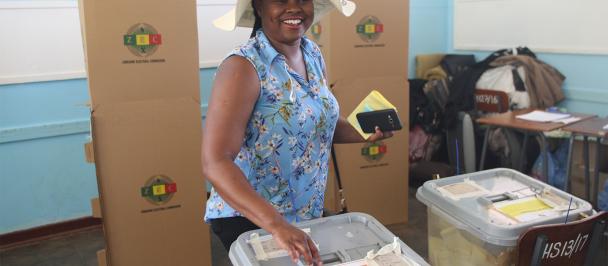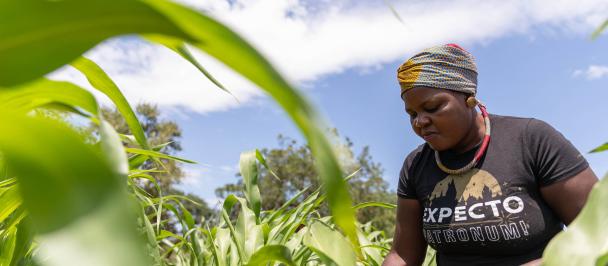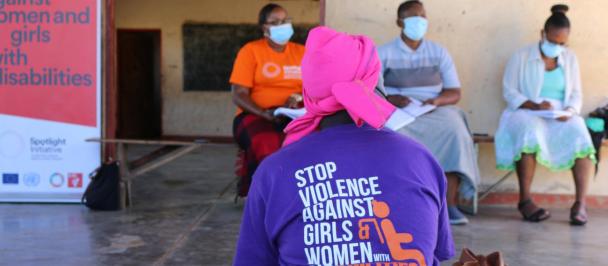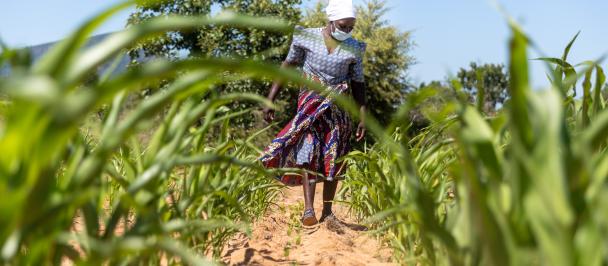When women are involved, we can build back better
August 3, 2022
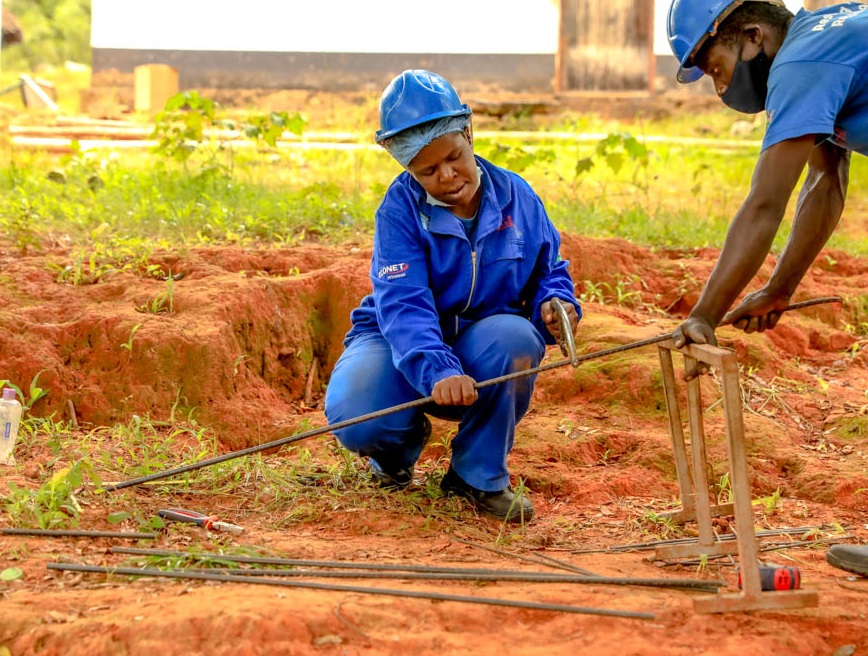
When natural disasters strike it is often women that are hit the hardest, for example, they are often at a greater distance from water collection points, sanitation and health facilities which may be in unsafe locations, exposing them to additional protection threats such as sexual and gender-based violence.
After Cyclone Idai destroyed communities of Chipinge and Chimanimani districts in 2019. Sarati Dziwani and Patience Kufakunesu were among the Cyclone victims and were moved into tents with their children after the cyclone had destroyed their homes, food, and other possessions.
Under the China Aid Restoration Project, these two women despite being victims volunteered to join hands in organizing disaster recovery efforts filling up roads, and restoring destroyed homes, clinics, and schools.
Patience and Sarati were trained in various skills, among them carpentry and building to help repair and reconstruct structures destroyed by the heavy rains. These are skills that divert from their usual gender roles of cooking, fetching water, and firewood.
Sarati Dziwani started as an assistant builder, working closely with engineers and professional builders learning skills of leadership, work ethics, and administration. Over time, with her passion and commitment to volunteerism, Sarati grew her skills, and she was moved from being an assistant to a trainee leader. As a trainee leader, she would coordinate daily work routines, assign tasks, and manage inventory among other responsibilities. Sarati managed to build the skills and capacities required to train other women in her community.
“Now I can plaster a complete house with the knowledge I obtained from this project and am willing to pass this knowledge to my family, friends, and other women in my community.”
Patience Kufakunesu, a female builder demonstrated a strong character and zeal to learn for the benefit of her community. She went through several construction training to learn steel fixing, brick layering, gauging, and plastering. With the dream of becoming a qualified builder, she’s confident these skills will help her provide for her family going forward.
“Women and girls are not supposed to be hesitant to grab jobs or projects that are identified as man’s work, rather communities will see through if women take a leading role in community development”.
Working side by side with men, these women combined their efforts to bring the change they wanted to see in their communities. Their voluntary commitment to building back enabled children to go back to school, houses to become livable again, and roads, clinics, and infrastructure to function.
Involving women in recovery programs after climate-related disasters like Cyclone Idai yields more effective initiatives towards development. It is important to recognize that women are not just victims as perceived by many rather they are strong agents of change.

 Locations
Locations